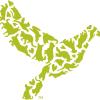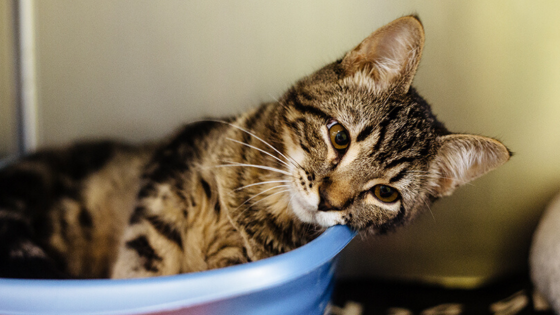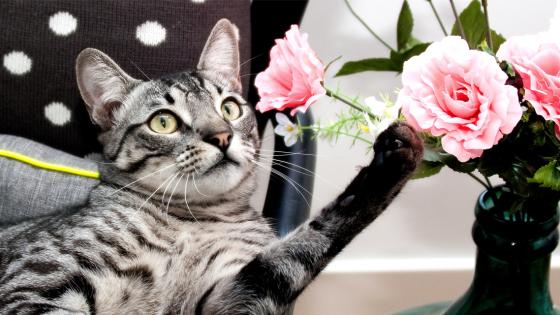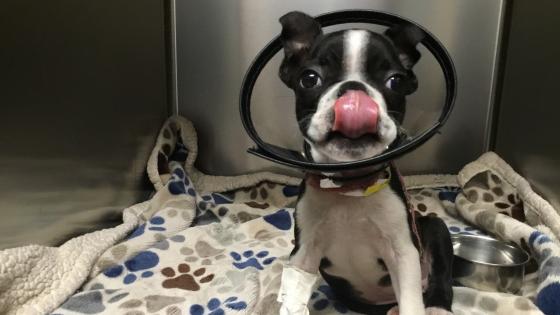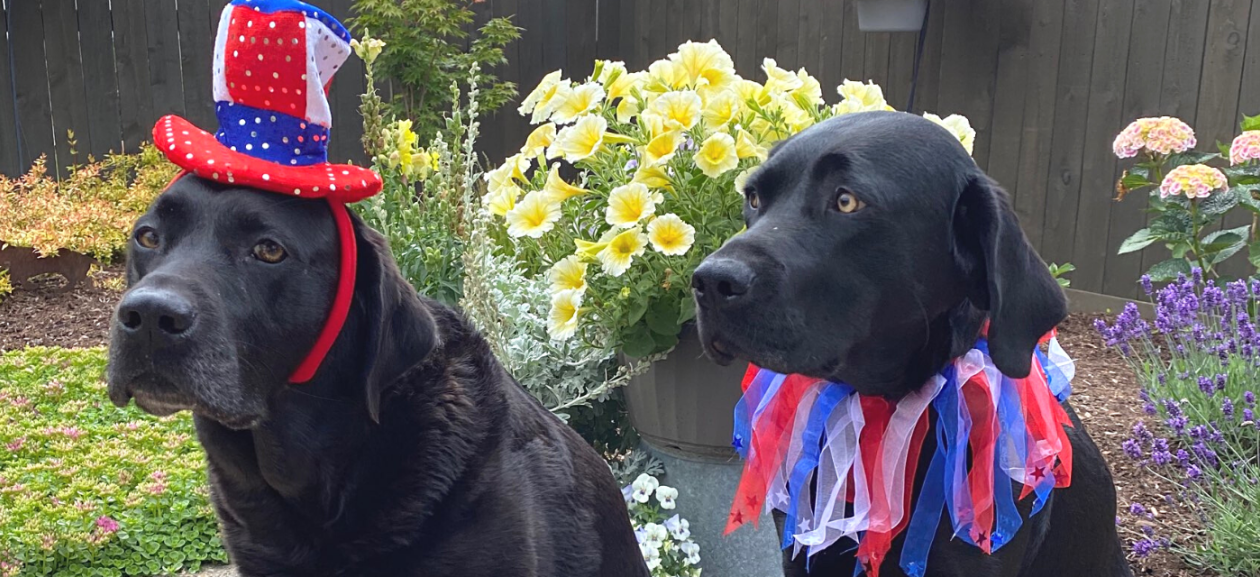
Fourth of July: Celebrate with Pet Safety in Mind
Fireworks, picnics, and other Fourth of July festivities can be great fun for people; but can be especially frightening and even dangerous for animals. Loud noises from exploding fireworks, unfamiliar guests, as well as fire hazards and holiday food can result in stress and injury to pets. So it's important to keep your pets safe during Fourth of July celebrations.
“Make sure pets are safely secured indoors and in a cool place if left at home during Fourth of July celebrations,” said Dr. Sarah Tauber, a veterinarian at DoveLewis Emergency Animal Hospital. “Keep your dogs on a leash if you’re out watching fireworks, and keep a safe distance away from any live fireworks shows.”
Pet Hazards:
- Fireworks danger - Animals can mistake fireworks in shiny packaging for food. Additionally, flames from falling fireworks and sparklers can burn pets.
- Lost pets - When pets are scared by fireworks or loud noises, they can jump fences or dig their way out of yards, causing them to get lost.
- Stress - Exploding fireworks, house guests, or routine interruptions can cause stress and anxiety. Stressed pets may experience vomiting, diarrhea, gastrointestinal issues, a decrease in appetite, or aggression.
- Food - Pets often sneak food during a holiday barbecue or picnic, which can lead to digestion mishaps. Many foods (chocolate, grapes, onions, etc.) can be toxic to animals, while other foods (corn cobs, chicken bones, etc.) can get stuck in the intestines and require surgery.
Safety Tips:
- Safely secure pets indoors while fireworks are going off. If you have to take your dog outside, make sure to use a leash.
- If your pet is extra sensitive to loud noises, do not leave your pet alone for extended periods of time. It’s best to keep them in a quiet, sheltered, and escape-proof room or crate. Create your own noise and block outside sights and sounds by lowering blinds, turning on the TV, or playing soothing music.
- Keep all used and unused fireworks away from animals at all times.
- Make sure your pet is microchipped and wearing identification tags so that you have a better chance of being reunited in the event that your pet gets lost.
- If your pet is sensitive to noise, talk to your veterinarian in advance about whether the use of a mild sedative is appropriate.
- Keep all food out of pets’ reach and make sure trash bags are tightly secured.
If your pet needs emergency veterinary care, DoveLewis is open 24 hours a day, every day of the year. We’re located at 1945 NW Pettygrove Street in Portland or call us at 503.228.7281.
Recent Posts
Spring Pet Safety Tips
With spring in the air, pet owners should be aware of potential seasonal hazards. While you enjoy the longer, warmer days, keep these tips in mind!
Be Aware of these Common Pet Toxins
March is National Pet Poison Prevention Month and as a hospital that encounters many cases of toxicity in household pets, we want you to be in the know to prevent future ER visits. Review the following household and outdoor toxins to steer your pets clear of ingesting them.
